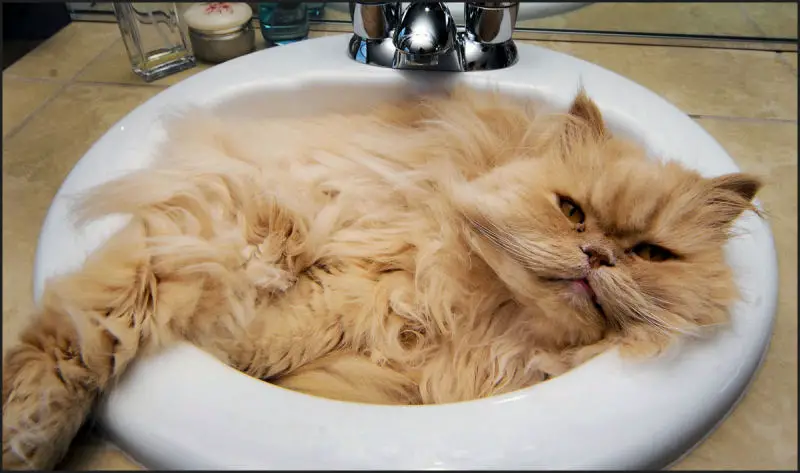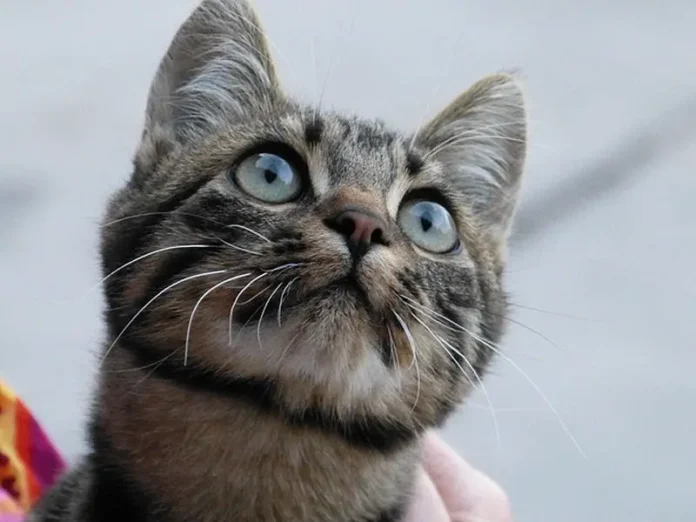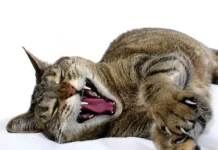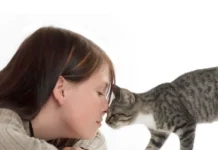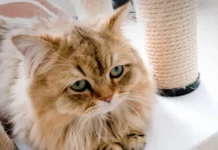Are Cats Domesticated? A Closer Look at Our Feline Friends
The domestication of cats has intrigued animal behaviorists for years, prompting extensive research into the bond between humans and their feline companions. While dogs are often seen as dependent on humans, cats exhibit a unique sense of independence that raises questions about their level of domestication. As William Burroughs aptly noted, “The cat does not offer services. The cat offers itself.”
The Question of Domestication
Many wonder: just how domesticated are our indoor cats? Recent studies shine a light on this topic, revealing insights from archaeological discoveries and genetic analyses. While cats demand food with characteristic meows, they also relish their autonomy, often engaging in solo adventures before seeking our attention.
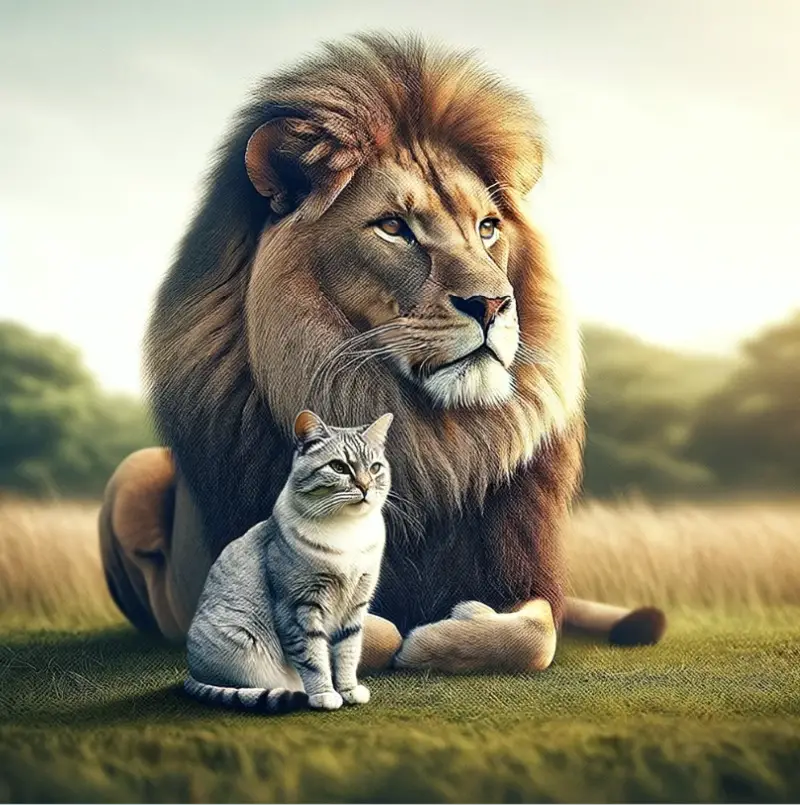
Understanding the Unconventional Cat Behavior
Unlike dogs, who have been bred for specific purposes, cats appear to maintain an independent streak. They often pounce onto our laps, interrupt our work with insistent purring, and survey their environment with an unhurried demeanor. This behavior brings both amusement and chaos to our daily routines.
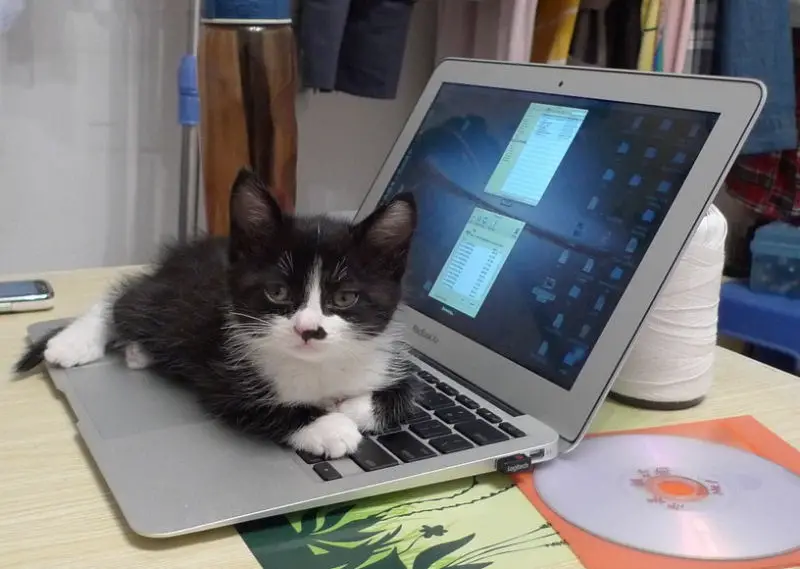
The Historical Context of Cat Domestication
Research indicates that cats are considered semi-domesticated, with human relationships dating back approximately 4,000 years to ancient Egypt. A significant discovery in 2004 showed remains of a human and a cat buried together in Cyprus, suggesting a longstanding bond. Additional findings from China indicate that ancient cats thrived on rodents and leftovers, gradually forming companionships with humans.
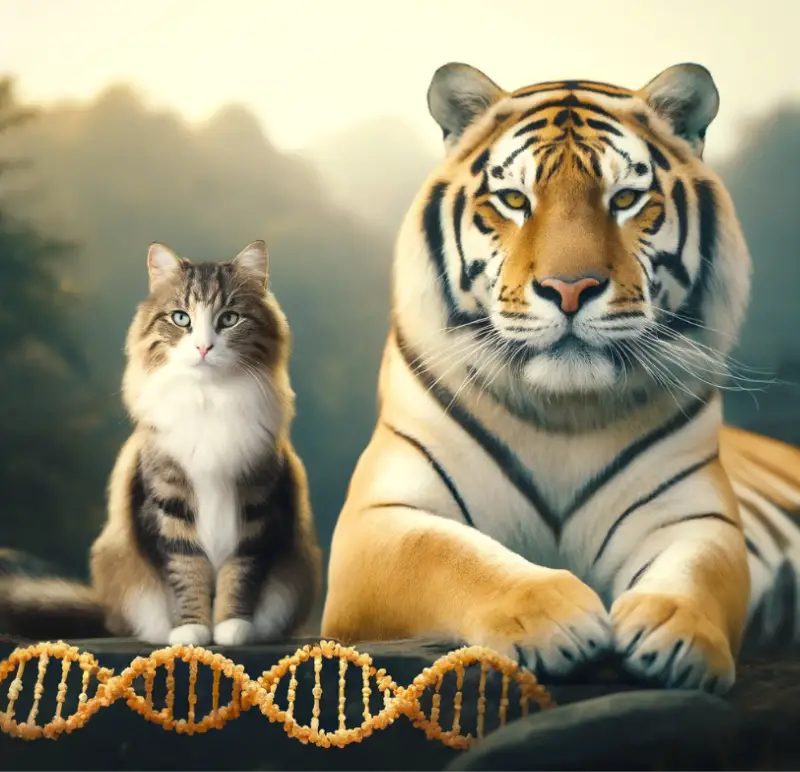
Genetic Insights on Cats’ Domestication
Modern genetic studies confirm that cats have diverged minimally from their wild ancestors compared to dogs. Wesley Warren, a geneticist at Washington University, has noted that the modest changes in the cat genome reflect their continued hunting skills and adaptability in the wild. Unlike dogs, cats retain a strong connection to their wild roots.
According to Warren, “Using the dog as the best comparison, the modern cat is not what I would call fully domesticated.” This observation has sparked debate among researchers regarding the classification of domesticated animals.
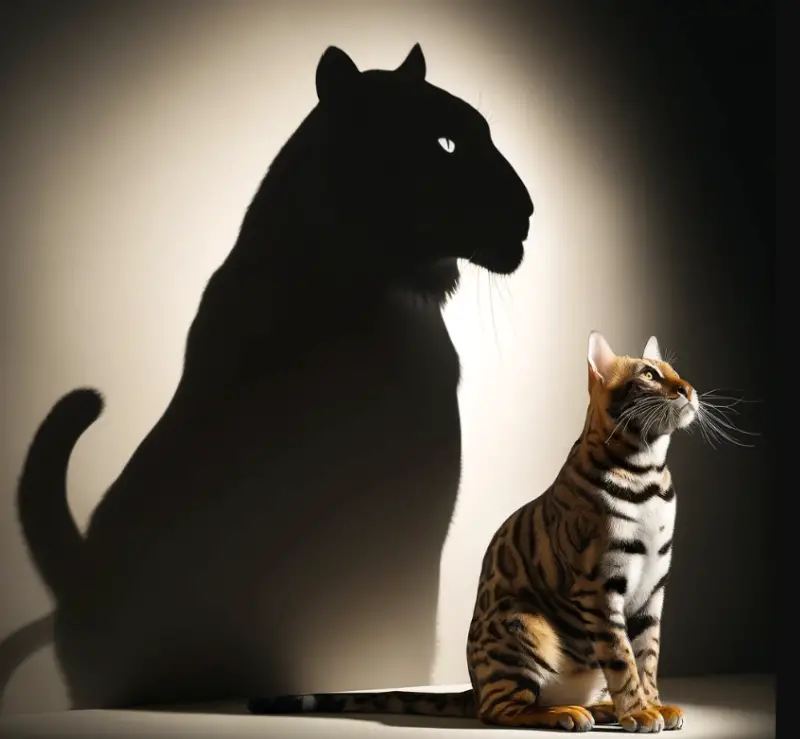
Ongoing Debate Among Researchers
Experts disagree on the terminology surrounding cat domestication. Greger Larson, a paleogeneticist, questions the clarity of terms like “semi” or “fully” domesticated. Meanwhile, Melinda Zeder of the Smithsonian Institution suggests that domestication is an evolving relationship, fostering a mutually beneficial partnership between species.
Zeder explains that while cats exhibit aloofness reminiscent of their wild ancestors, they also fulfill a unique position within human households, often demanding care without the reciprocal need to please.
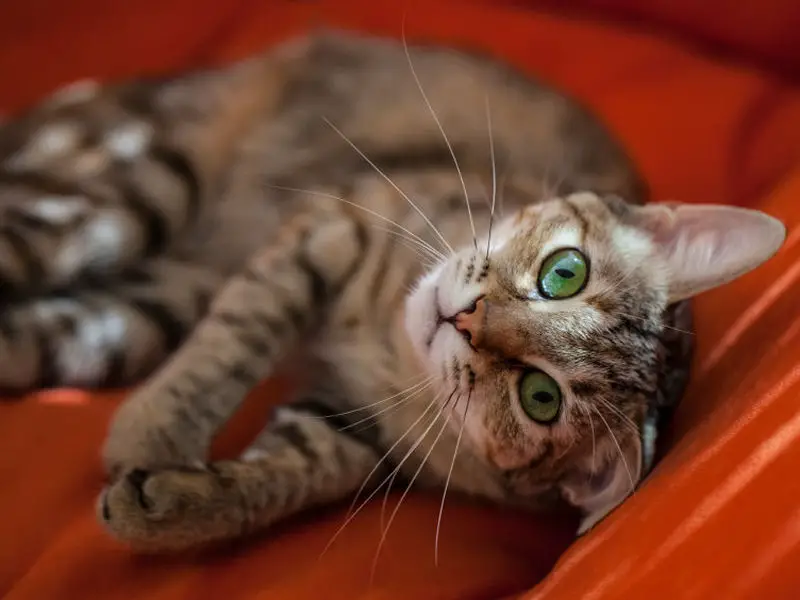
Conclusion: Are Cats Domesticated?
The enduring question of whether cats are truly domesticated leads to a resounding affirmative: yes, they are domesticated enough to significantly enrich the lives of countless cat lovers around the world. With their intriguing mix of wildness and companionship, cats continue to hold a special place in our hearts and homes.
